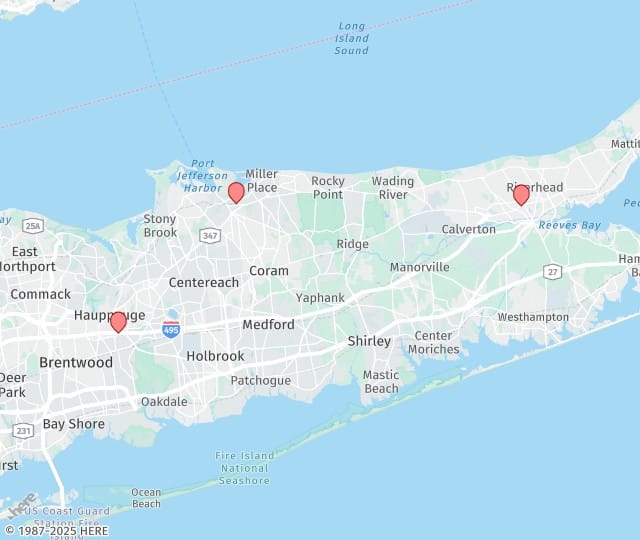
Understanding the Anatomy Behind Pelvic Veins
Your pelvic region contains a complex network of veins that return blood from the lower body to the heart. When these veins become enlarged or fail to function properly due to weakened valves, blood begins to pool, creating pressure and distension. This condition mirrors the mechanism behind varicose veins in the legs, but occurs internally, within the pelvis. You won’t see them through the skin, but the discomfort they cause is very real.
Why Pelvic Varicose Veins Develop
Several lifestyle and genetic factors can increase your risk of developing pelvic varicose veins. A family history of the disorder may indicate a genetic predisposition to weakened vein walls or faulty valves. Repeated pregnancies place added pressure on the pelvic veins, contributing to vein enlargement over time. Obesity can also strain the venous system, while a sedentary lifestyle may lead to poor circulation, further encouraging vein dysfunction. Together, these risk factors create conditions that make pelvic varicose veins more likely to form.
Signs You Might Have Pelvic Varicose Veins
This condition typically causes a dull, aching pain in the lower abdomen, often worse at the end of the day or after long periods of standing. You may notice discomfort during or after intercourse, menstrual cycle changes, or a feeling of heaviness in the pelvis. Some individuals also report visible varicose veins on the thighs, buttocks, or vaginal area, especially during pregnancy.
Diagnosing and Treating the Condition
Diagnosing pelvic varicose veins requires specialized imaging tests such as ultrasound, CT scans, or venography. These help identify vein enlargement and blood pooling. Once diagnosed, you can explore various treatment options, including minimally invasive procedures like embolization, which blocks off the affected veins to relieve pressure and improve blood flow. Conservative treatments, such as lifestyle modifications and pain management strategies, may also be recommended.
Take the Next Step Toward Relief
If pelvic pain is affecting your quality of life, Suffolk Vascular & Vein Center provides personalized, compassionate care designed to address the root causes of your symptoms. Reach out to a team you can trust with your vascular health. Contact us in Port Jefferson Station at 631-476-9100, Hauppauge at 631-979-0222, or Riverhead at 631-591-9003.
